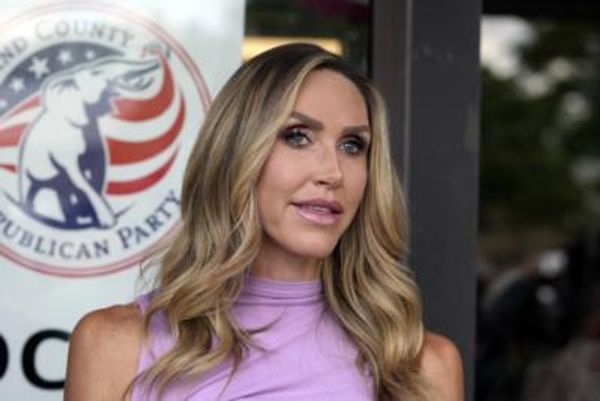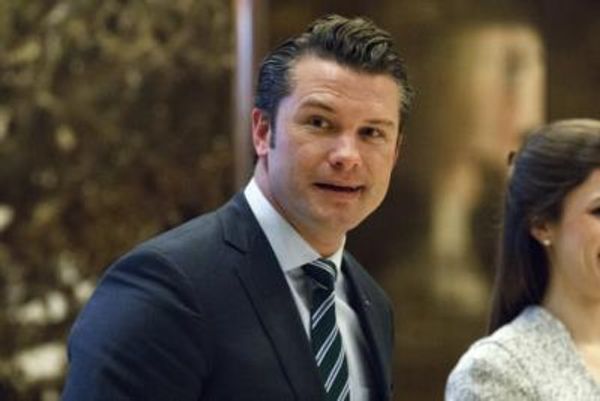
President-elect Donald Trump's recent selections for key positions in his administration have put the spotlight on Florida, with several prominent figures from the state being considered for top roles.
Senator Marco Rubio is in line to become the next secretary of state, while Representative Matt Gaetz has been nominated for attorney general and Representative Mike Waltz for national security adviser. These choices are reshaping the political landscape in Florida and beyond, with Governor Ron DeSantis playing a pivotal role.
Gaetz's nomination has stirred controversy due to past allegations, but his resignation from the House has opened up a vacancy in Florida's 1st Congressional District. Meanwhile, Waltz and Rubio have yet to resign, prompting speculation about their potential replacements.
Under state and federal laws, filling vacancies in the House and Senate involves different processes. A special election will be held to fill Gaetz's seat, while DeSantis will have the authority to appoint a replacement for Rubio if he assumes the role of secretary of state.






Several names are being floated as potential candidates for Rubio's seat, including Governor DeSantis himself. However, DeSantis' term ends in 2026, setting the stage for a gubernatorial election and potentially impacting his future political aspirations.
As for the House vacancies, state officials are working to expedite the special election process. The logistical challenges and statutory requirements involved suggest that it may take several months to fill the vacant seats, potentially affecting the Republican Party's majority in the House.
Despite the uncertainties and complexities surrounding these appointments and elections, Florida's political landscape is poised for significant changes in the coming years.










